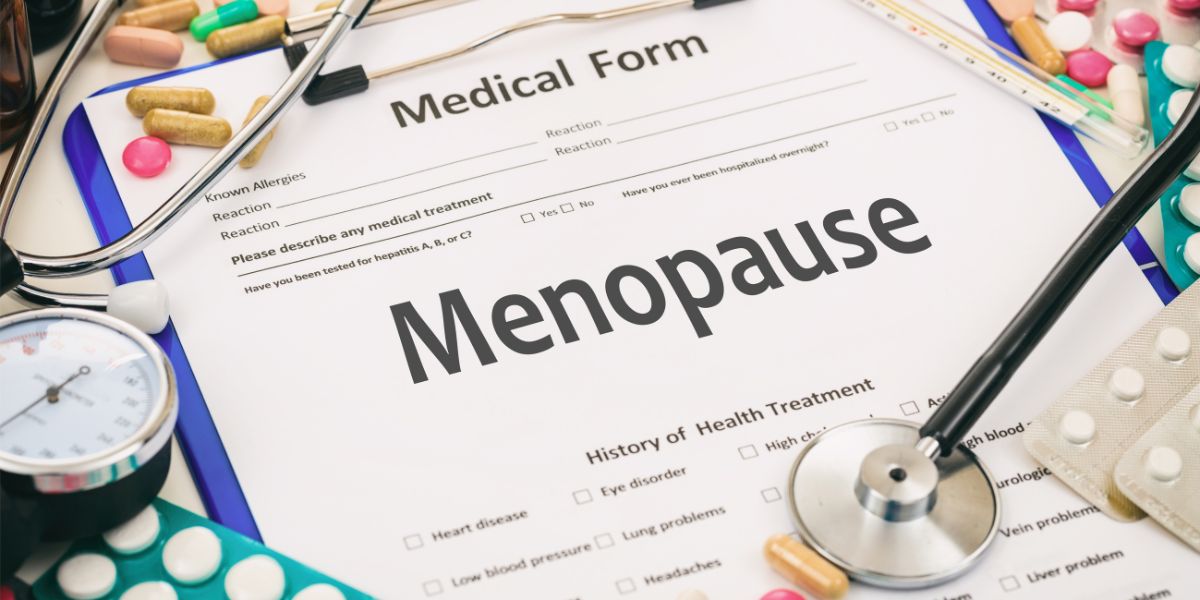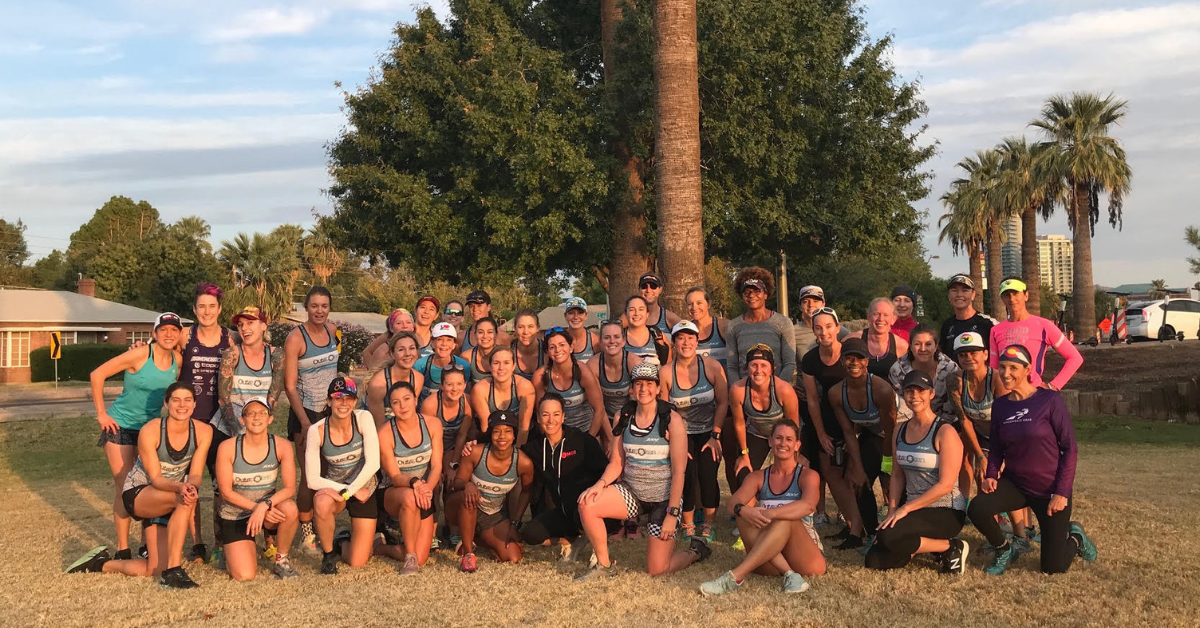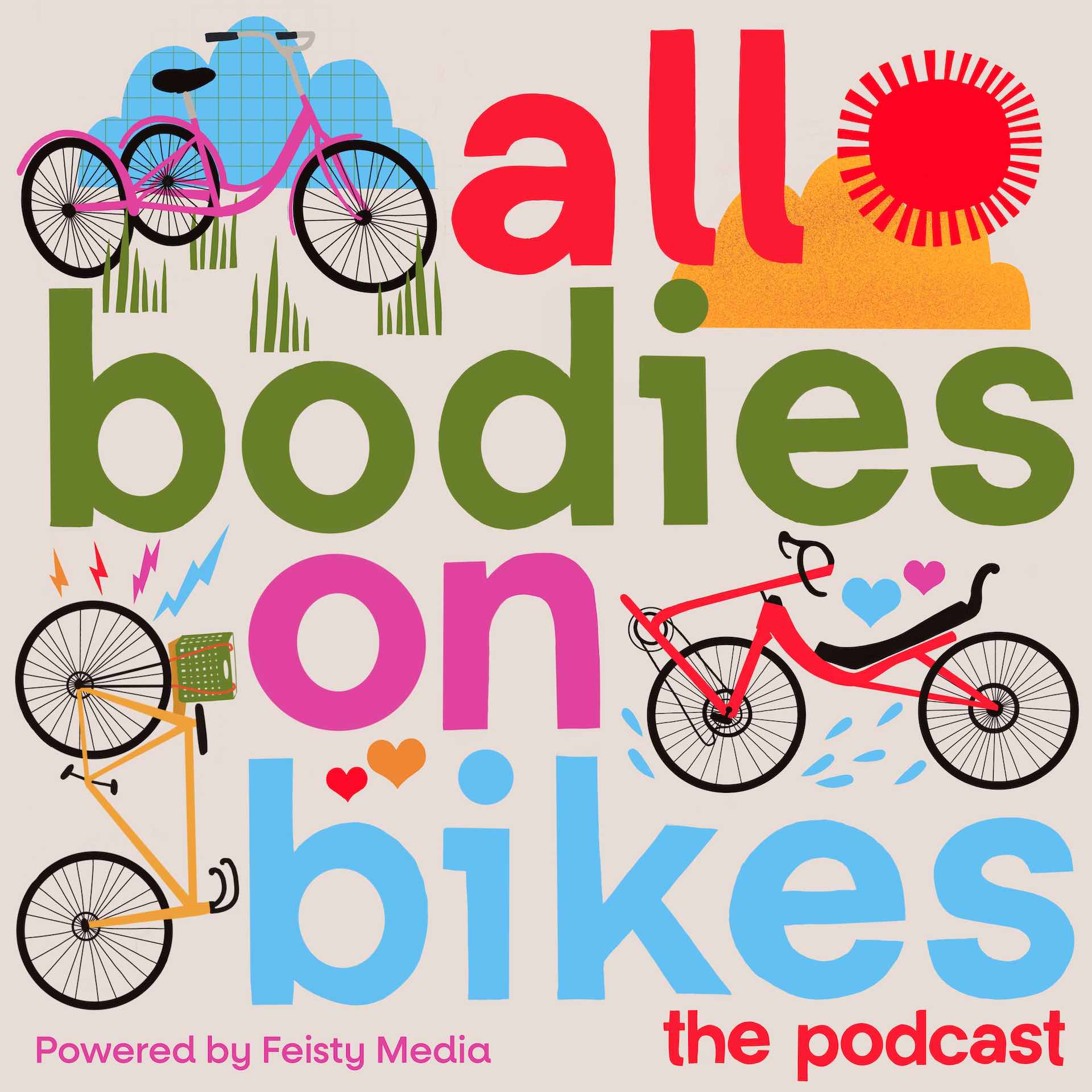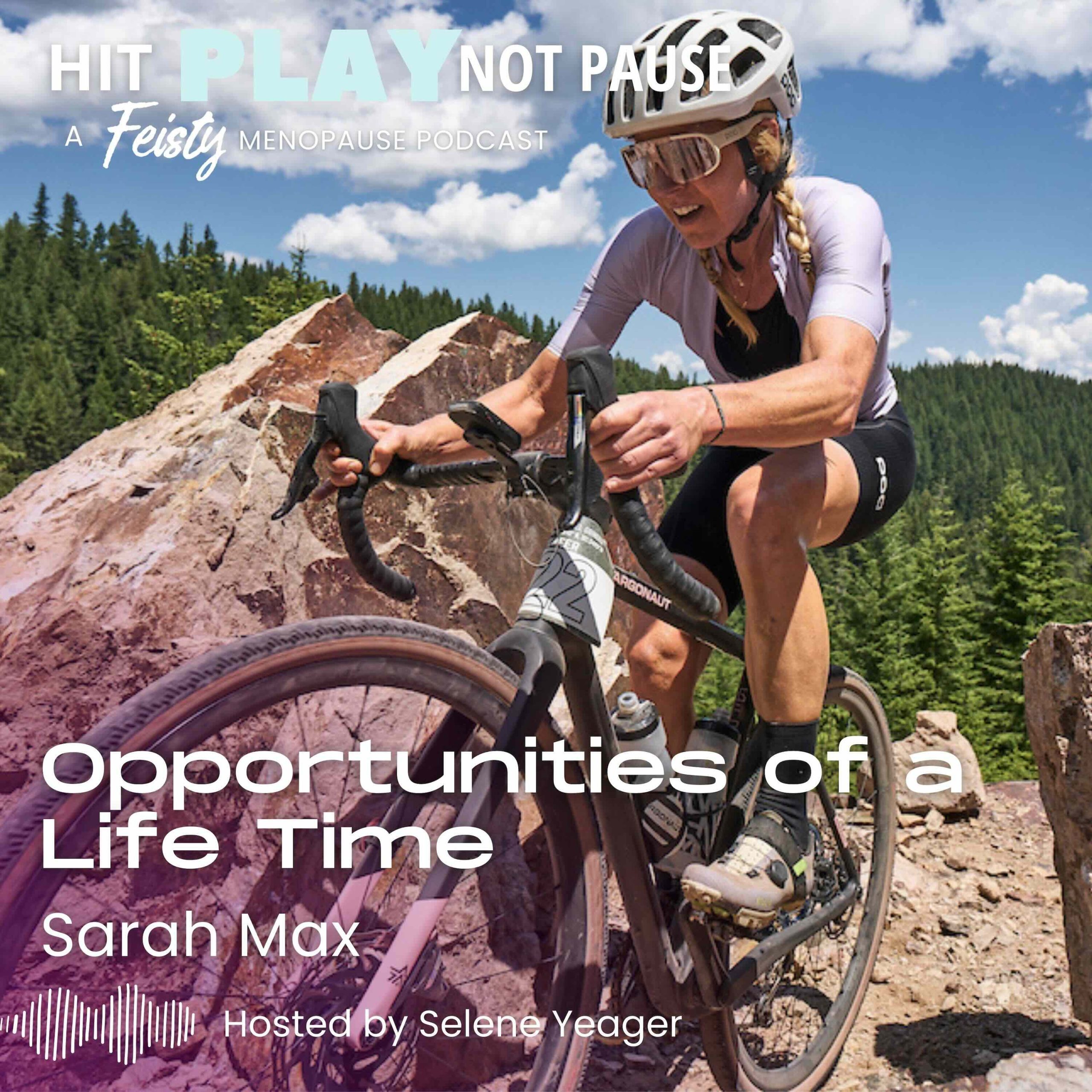April 11, 2023
What’s Your Menopause IQ?

Information—and disinformation—is everywhere. How much do we know about menopause now?
By Selene Yeager
Menopause is seemingly everywhere right now. It’s on the Super Bowl. It’s on The Drew Barrymore Show (if you didn’t see Drew having her first hot flash with Jennifer Aniston and Adam Sandler, it’s worth checking out the very sweet, funny moment here). It’s in the New York Times and Wall Street Journal. The UK has been on mission menopause for a few years now. There’s no doubt the word on menopause is getting out there. But as recent studies indicate, we still have our work cut out for us.
For one, many of us still go into menopause largely uninformed. A survey of 829 postmenopausal women published last month in Post Reproductive Health (formerly Menopause International) reported on women’s attitudes and knowledge about menopause before they went through the menopause transition and their experience of it once they did.
When it came to their attitudes towards menopause before going through it, 54 percent had no views, 18 percent were accepting, 15.8 percent were dreading, 7.4 percent weren’t sure, and 5.1 percent were looking forward to it.
And how was it when they got there? Though the majority (72 percent) were happy to be done with having periods, almost 63 percent of the women felt it was difficult or very difficult. They also had little to no knowledge about menopause going into it. About half of them felt completely uninformed. About 45 percent said they had some knowledge. A measly 5.4 percent said they were very informed.
When given the chance to express how they felt about all this, they were less than pleased, as some of the comments illustrate:
I was shocked at how little I knew about menopause despite being a healthcare professional myself.
If I’d been more informed about menopause I might perhaps have worried less about the memory loss and brain fog and put it down to menopause rather than convincing myself I might be getting dementia!
Wish I’d known more about it before the symptoms. I reflect and now recognize I was perimenopausal in my early 40s – if only I’d been informed to recognize it.
It is debilitating, especially the deterioration in mental health which I was not expecting. I had anxiety, depression & paranoia [that] were crippling.
More Education Needed
Many of the women also lamented about how hard it was to get good care from their doctors, who they felt were also not well-informed. That’s not terribly surprising. As we’ve written about before, a 2019 cross-sectional survey published in Mayo Clinic Proceedings reported that less than seven percent of postgraduate family medicine, internal medicine, and even obstetrics and gynecology residents reported feeling adequately prepared to manage women experiencing menopause. Twenty percent had zero lectures on menopause during training.
Let’s hope that is changing because women need accurate, trustworthy sources of information. And right now, a lot of us are left to our own devices, bushwhacking through the thicket of information (and disinformation) that is the internet and social media. As an editorial published last month in Maturitas points out, there’s a lot we need to watch out for out there.
For one, there’s a great deal of confusion, oversimplification, and tribalism. We see this in the increasingly heated debates around hormone therapy, where all nuance goes out the window in Instagram post arguments and Facebook wars.
There’s also a lot of money to be made on menopause, as Dr. Annice Mukherjee, Consultant Endocrinologist addresses within the editorial. “The menopause space has become commercialized and competitive, leading to feeds being full of products and services aimed at those who have menopause in their search history,” says Danzebrink. “Social media marketers…become menopause ‘influencers,’ hired to sell products by companies because they have followers.”
In fact, the stunning number of ads on Instagram with the hashtag ‘menopause’ is the subject of this video from the lead researcher of a Menopause study titled #Menopause on Instagram: a mixed-methods study. Unsurprisingly, those ads weren’t just from licensed, reputable sources, but from anyone with an IG handle who wants your business. And it’s all unregulated.
The best advice for all of us here who are in and around the menopause transition as research and health care practitioners play catch up is to not only improve our own menopause IQ by following trusted sources who are transparent about where the information they present and recommendations they make are coming from (i.e., can show you professional credentials, a body of research, evidence-based material), but also trust what I call our menopause instinct quotient.
That is, if something doesn’t feel right to you, tune into that gut instinct. If a promise or pill sounds too good to be true, it probably is. Bear in mind that science is not some static eternal truth, but rather a process of discovery and evolution. All the studies showing one thing today might end up being studies showing something else in 10 or 20 years (this I’ve seen…). We all just have to make the best decisions we can with the best information that we have—and that includes the information that is coming from within.


 Outspoken Women in Triathlon Summit Returns Bigger than Ever
Outspoken Women in Triathlon Summit Returns Bigger than Ever  Driving the Lamborghini: Productivity and the Power of Paper
Driving the Lamborghini: Productivity and the Power of Paper  5 take aways from the Compete Sports Diversity Summit
5 take aways from the Compete Sports Diversity Summit  Simple Tips to Hone Your Bike Handling Skills
Simple Tips to Hone Your Bike Handling Skills 

